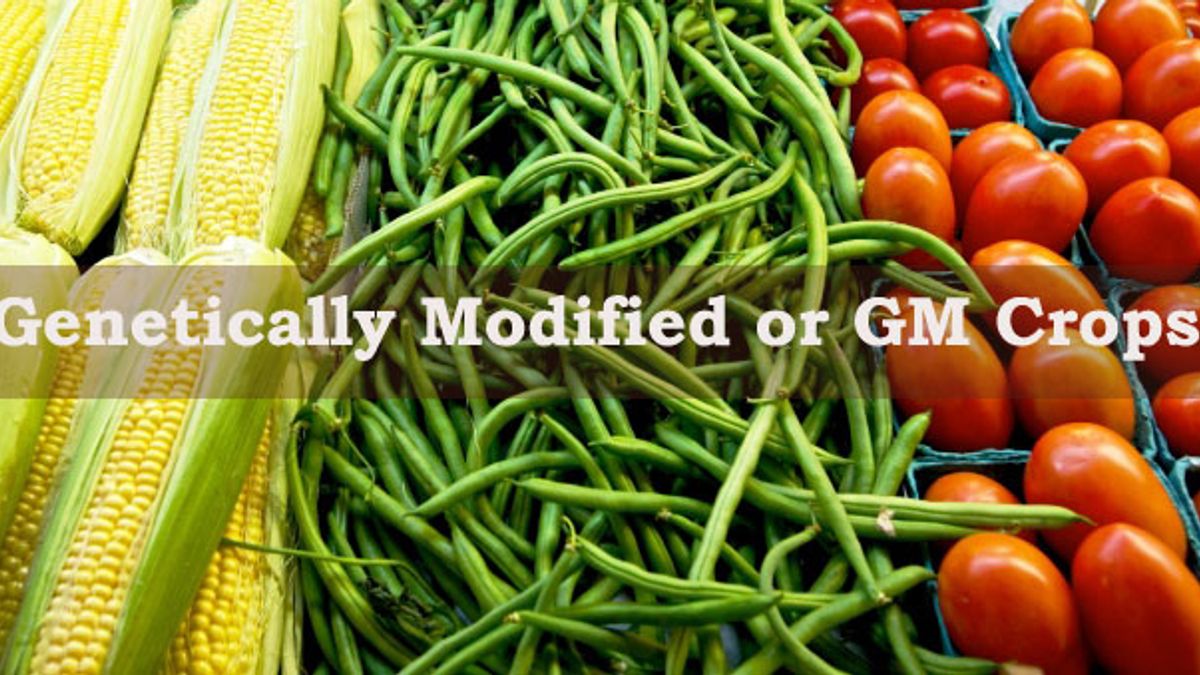Benefits of Genetically Modified Food
In this article, we will explore the numerous benefits of genetically modified (GM) food and highlight how it can positively impact our lives. With advancements in biotechnology, GM food has become a subject of great interest and debate. Let’s delve into the advantages it offers.
Increased Crop Yield
One of the key benefits of GM food is its ability to increase crop yield. Through genetic modification, scientists can enhance the plant’s resistance to pests, diseases, and environmental conditions. This results in higher crop productivity, ensuring a more abundant food supply for a growing global population.
Improved Nutritional Content
GM food also presents an opportunity to enhance the nutritional content of crops. By introducing specific genes, scientists can increase the levels of essential vitamins, minerals, and other beneficial compounds in plants. This can help address nutrient deficiencies and improve public health.
Reduced Environmental Impact
Genetically modified crops can contribute to a reduced environmental impact. With increased resistance to pests and diseases, farmers can minimize the use of chemical pesticides and herbicides. This leads to decreased chemical runoff, lower soil erosion, and a more sustainable agricultural system.
Enhanced Food Quality
GM food can also lead to improvements in food quality. By modifying the genetic traits of crops, scientists can enhance attributes such as taste, texture, and shelf life. This can result in more flavorful and visually appealing produce, reducing food waste and improving consumer satisfaction.
Improved Crop Adaptability
Another advantage of GM food is its ability to enhance crop adaptability. By introducing genes that confer tolerance to challenging environmental conditions, such as drought or salinity, scientists can help crops thrive in regions where they would otherwise struggle to grow. This can expand agricultural possibilities and improve food security.
Addressing Global Challenges
Genetically modified food has the potential to address various global challenges. With the world facing issues such as climate change, population growth, and limited arable land, GM crops offer a promising solution. They can help ensure food security, reduce agricultural waste, and mitigate the impact of climate change on agriculture.

In conclusion, genetically modified food brings numerous benefits to the table. From increased crop yield and improved nutritional content to reduced environmental impact and enhanced food quality, GM food has the potential to revolutionize our agricultural practices. By embracing this technology responsibly, we can harness its advantages and work towards a more sustainable and food-secure future.
Frequently Asked Questions about Benefits of Genetically Modified Food
1. What are genetically modified (GM) foods?
Genetically modified foods are products derived from organisms whose genetic material has been altered through genetic engineering techniques.
2. What are the benefits of genetically modified food?
The benefits of genetically modified food include increased crop yield, enhanced nutritional value, improved resistance to pests and diseases, and reduced need for chemical pesticides.
3. How do genetically modified crops help increase crop yield?
Genetically modified crops are engineered to be more resistant to environmental factors such as drought, diseases, and pests, which leads to higher crop yields and increased food production.
4. Are genetically modified foods safe for consumption?
Extensive scientific research and regulatory systems ensure that genetically modified foods are safe for consumption. They undergo rigorous testing to assess their safety for human health and the environment.
5. Can genetically modified food help solve world hunger?
Yes, genetically modified food has the potential to address world hunger by increasing crop productivity, improving nutritional content, and making crops more resistant to harsh conditions, thus ensuring food security for a growing population.
6. Do genetically modified crops require fewer pesticides?
Yes, genetically modified crops are often engineered to be resistant to pests and diseases, reducing the need for chemical pesticides. This leads to a decrease in the environmental impact associated with pesticide use.
7. Can genetically modified food contribute to sustainable agriculture?
Yes, genetically modified food can contribute to sustainable agriculture by reducing the use of chemical pesticides, conserving water resources, and minimizing soil erosion. It can also help farmers adapt to climate change and improve their livelihoods.
8. Are genetically modified foods nutritionally enhanced?
Yes, genetically modified foods can be nutritionally enhanced. For example, crops can be modified to have higher levels of essential vitamins and minerals, improving the nutritional value of the food.
9. What is the economic benefit of genetically modified food?
Genetically modified food can provide economic benefits by increasing crop yields, reducing post-harvest losses, lowering production costs, and enhancing market competitiveness for farmers.
10. Are there any environmental benefits associated with genetically modified food?
Yes, genetically modified food can have environmental benefits such as reduced pesticide use, decreased soil erosion, conservation of water resources, and lower carbon emissions due to improved crop productivity.




